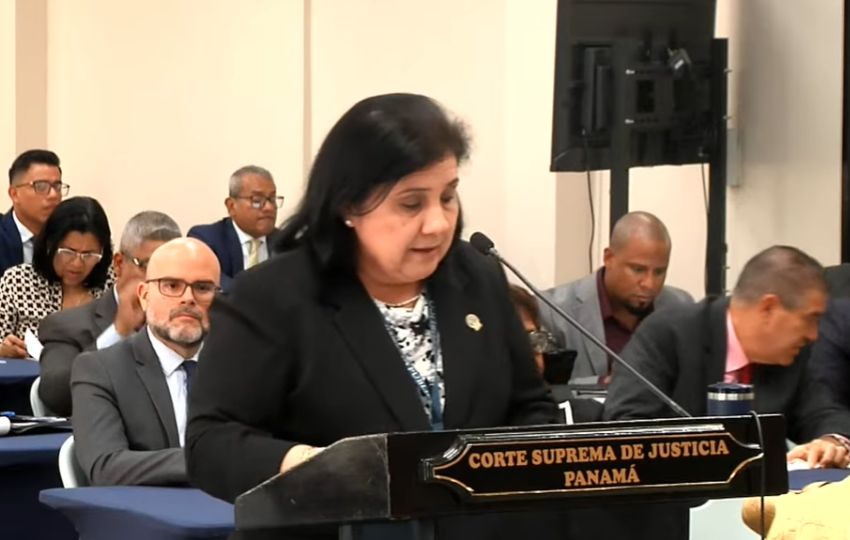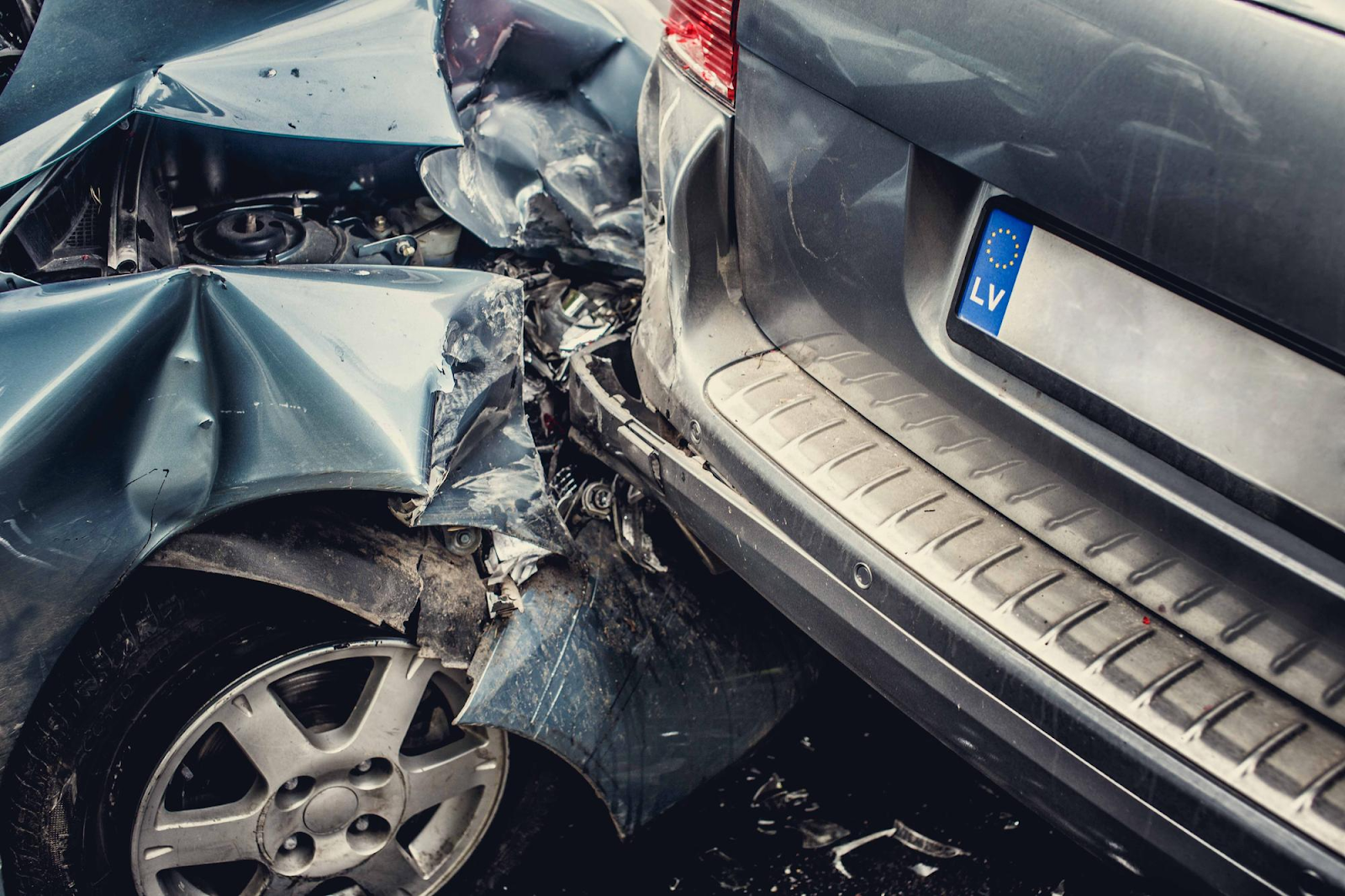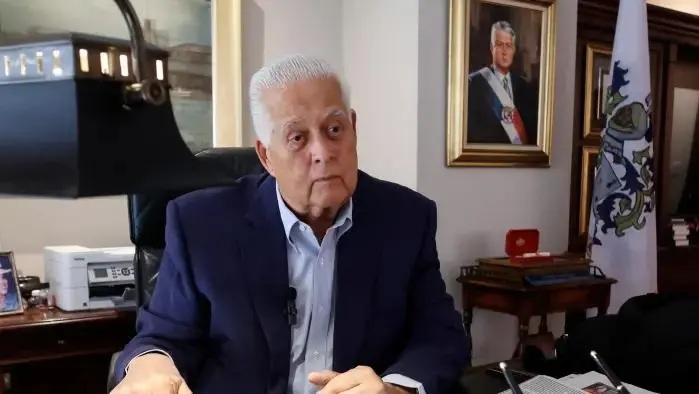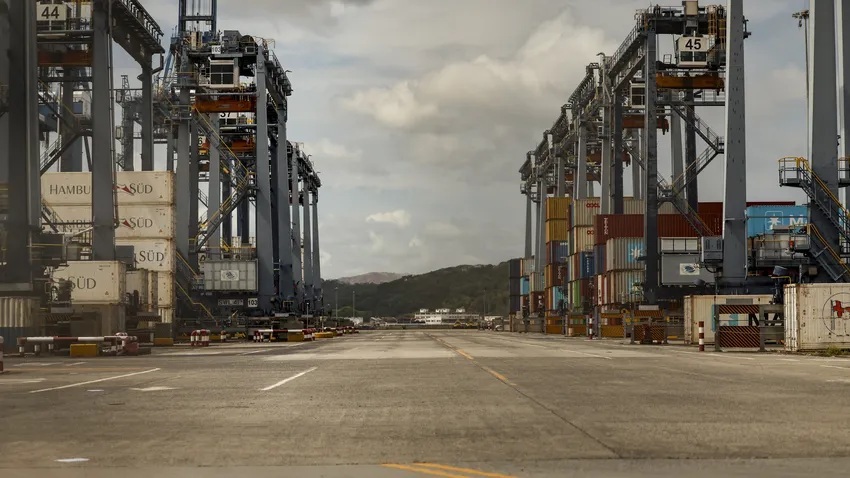WORLDVIEW: Trumps Iran conundrum

By Jonathan Power
The next few days are fraught with danger. One of the most momentous decisions of the century is about to be made. Will President Donald Trump certify or not that Iran is honoring the agreement made with the US and the other permanent members of the UN Security Council to end its nuclear enrichment research, which some observers argued (but not the CIA) was leading to an Iranian nuclear bomb?
Danger number one is that it will push Iran to break its side of the bargain and the fear of nuclear bomb manufacture will provoke Saudi Arabia to emulate Iran. Already the Saudi foreign minister, Adel al-Jubeir, has charged that “Iran is on a rampage”.

Danger number two is that Israel, no longer constrained by the negotiations led by John Kerry, President Barack Obama’s Secretary of State will launch a preemptive attack on Iranian nuclear facilities.
Already there is talk- and some evidence- that Iran likewise is gearing up for an attack on Israel. It will be a limited attack, a preemptive, preemptive attack, if you will, to warn the Israeli public of the cost of war. Iran could never win a war with Israel but it can inflict far more damage than was incurred with Israel’s previous wars against Arab nations. Militarily it is far stronger than when Iraq, led by Saddam Hussein, invaded it in 1980. Now it has missiles that can match Israel’s, albeit it has no defensive “iron shield” like Israel.
The war with Iraq of 1980-1988 was Iran’s darkest hour. It went on for eight years. Iraq used chemical weapons on a large scale. Iran refused to use them, with Ayatollah Ruhollah Khomeini pronouncing that Islam did not allow weapons of mass destruction. The US, under President Ronald Reagan and Defence Secretary Donald Rumsfeld provided Saddam with intelligence. The West as a whole supported Saddam, as did the UN.
To understand this one has to recollect how deep was the fear of the export of Iran’s Islamic fundamentalism. Its fundamentalism spread far beyond Iran’s borders, even into Sunni countries.
Iran will not forget this. It has long made it wary of American policies. Trust was forged during the nuclear negotiations. But if Trump withdraws from the treaty then it will be “never again”. Like the pre-Trump CIA, I think there is no evidence that Iran will build nukes.

Ayatollah Ali Khamenei, Khomeini’s successor, has already said that would go against the Koran. But others will think that’s what Iran will be up to. Tensions could rise to boiling point with Saudi Arabia and Israel and also with the US.
It is important to remember, as John Hopkins professor, Vali Nasr writes in Foreign Affairs this month, Trump “seems to believe that rolling back Iranian influence would restore order to the Middle East. But that expectation rests on a faulty understanding of what caused the breakdown in the first place. Iran did not cause the collapse. And containing Iran will not bring back stability.” The 2003 US/UK invasion of Iraq was the trigger for instability.
Iran no longer is dominated by those who regard their country as a “cause not a country”. The re igious fervor of the 1979 revolution that overthrew the Shah has died down. Now the political leadership is largely pragmatic nationalists, although there are still plenty of hard-liners around. It has retreated towards the Shah’s nationalism and moved away from fundamentalism. (By the way, the Shah when he was overthrown was trying to develop nuclear weapons with US help.
The US thought that if Iran dominated the Gulf this would be a force for peace, ensuring America’s supply of oil.)
Iran’s military strength is often overstated. Iran spends only 3% of its GNP on its military whereas Saudi Arabia spends 10% of a much larger GNP, Israel 6% and Iraq 4%. Iran spends only 13 billion US dollars a year compared with Saudi Arabia’s 64 billion.
Iran’s strength are its militias and insurgents across the Middle East. They give support to Syria’s Assad and the Shiites of Iraq. Iran calls this “forward defense”. They played an important role in the defeat of ISIS, which it saw correctly as a Sunni threat, indirectly supported by Saudi Arabia and Qatar.
An important element in Iran’s political strength lies in its de facto alliance with Moscow. Moscow is 100% behind the nuclear agreement and, along with the Europeans and China, is struggling to persuade Trump to back down. Moscow found itself allied with Iran in Syria. By working together the two militaries and intelligence communities have built deep ties. The US cannot crack this alliance unless it invades.
The bitter irony is that Trump if he goes ahead with decertifying the nuclear treaty, will add to the instability, the propensity towards violence and anti-Americanism that lies at the heart of the Middle East.
Sign up now for FREE updates from Panama’s only English daily news source.





